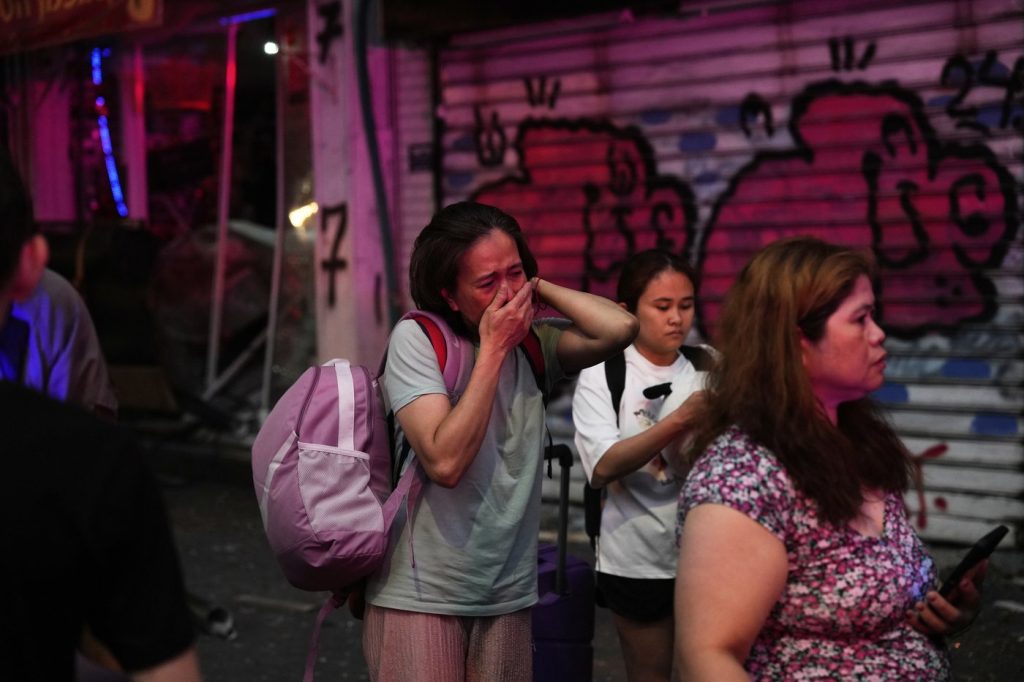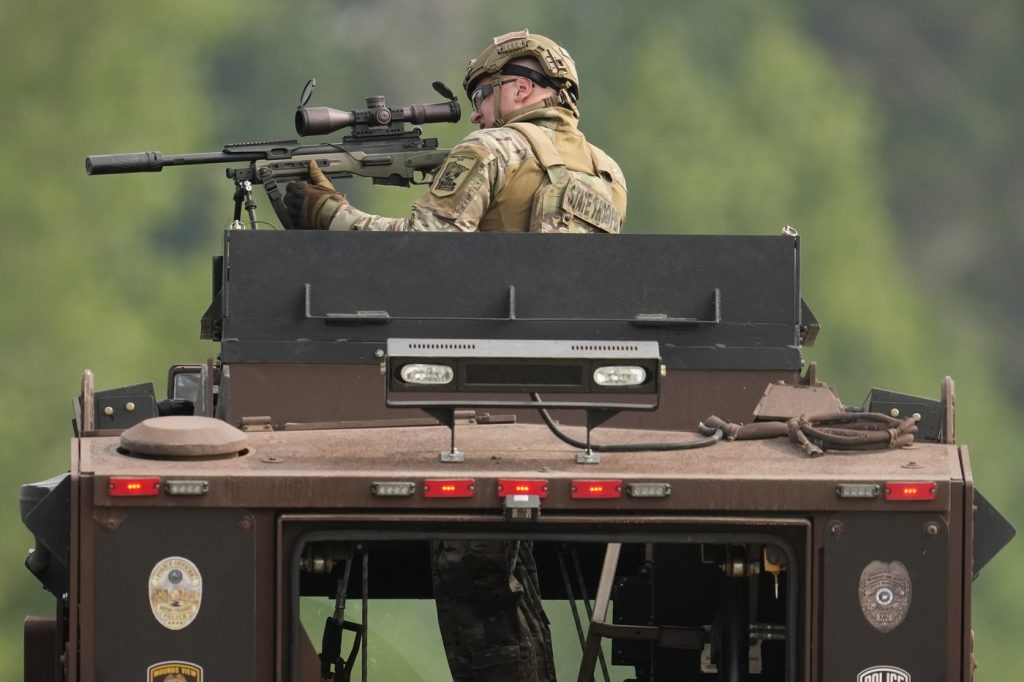TEL AVIV, Israel (AP) – Iran launched a fresh barrage of missile attacks on Israel early Monday, prompting air raid sirens nationwide. The attacks have resulted in at least four fatalities and numerous injuries amid an escalating conflict that has lasted four days. Iran claimed to have fired approximately 100 missiles, vowing further retaliation for Israel’s extensive assaults on its military and nuclear infrastructures, which have reportedly led to 224 deaths in Iran since the previous Friday.
The latest missile strikes have raised Israel’s death toll to at least 18. In retaliation, the Israeli Defense Forces (IDF) targeted 10 command centers belonging to Iran's Quds Force in Tehran, a prominent division of Iran’s Revolutionary Guard, responsible for military operations outside the country.
Powerful explosions, likely caused by Israel’s defense systems intercepting the incoming Iranian missiles, shook Tel Aviv shortly before dawn on Monday, with thick plumes of black smoke visible over the coastal city. Reports from the central Israeli city of Petah Tikva indicated that the missile strikes had impacted a residential building, damaging concrete walls, smashing windows, and rendering several apartments uninhabitable.
The Israeli Magen David Adom (MDA) emergency service confirmed that two women and two men, all in their 70s, were killed during the missile assaults that targeted four sites in central Israel. Israeli police spokesman Dean Elsdunne commented, “We clearly see that our civilians are being targeted. This is just one scene; we have other sites like this near the coast, in the south.” The MDA reported that paramedics transferred another 87 individuals to hospitals, including a 30-year-old woman in grave condition, while rescue operations continued for residents trapped beneath the rubble of their homes.
Dr. Gal Rosen, a paramedic with MDA, described the devastation: “When we arrived at the scene of the rocket strike, we saw massive destruction.” He recounted the rescue of a 4-day-old baby amid ongoing fires from the building.
Earlier in the conflict, following a round of missile strikes on Sunday, Iranian Foreign Minister Abbas Araghchi stated that Iran would halt its attacks if Israel were to do the same. However, following a day of intensive Israeli airstrikes aimed at military installations, oil refineries, and government buildings, the Revolutionary Guard adopted a more aggressive stance, promising that future strikes would be “more forceful, severe, precise, and destructive” than those witnessed so far.
Health authorities in Iran have reported that 1,277 individuals were injured without differentiating between military and civilian casualties. Advocacy groups, including the Washington-based Human Rights Activists, contend that the Iranian government’s casualty figures may be significantly understated. They assert that their documentation indicates more than 400 deaths, including 197 civilians.
Israel defends its military operations as essential measures to prevent Iran from acquiring nuclear weapons. Iran has consistently maintained that its nuclear program is for peaceful purposes. Nonetheless, international assessments suggest that Tehran has not pursued nuclear weapon capabilities since 2003. Despite this, Iran has enriched significant amounts of uranium to near-weapons-grade levels in recent years, possessing the potential to develop multiple nuclear weapons if it chooses to pursue that path.












